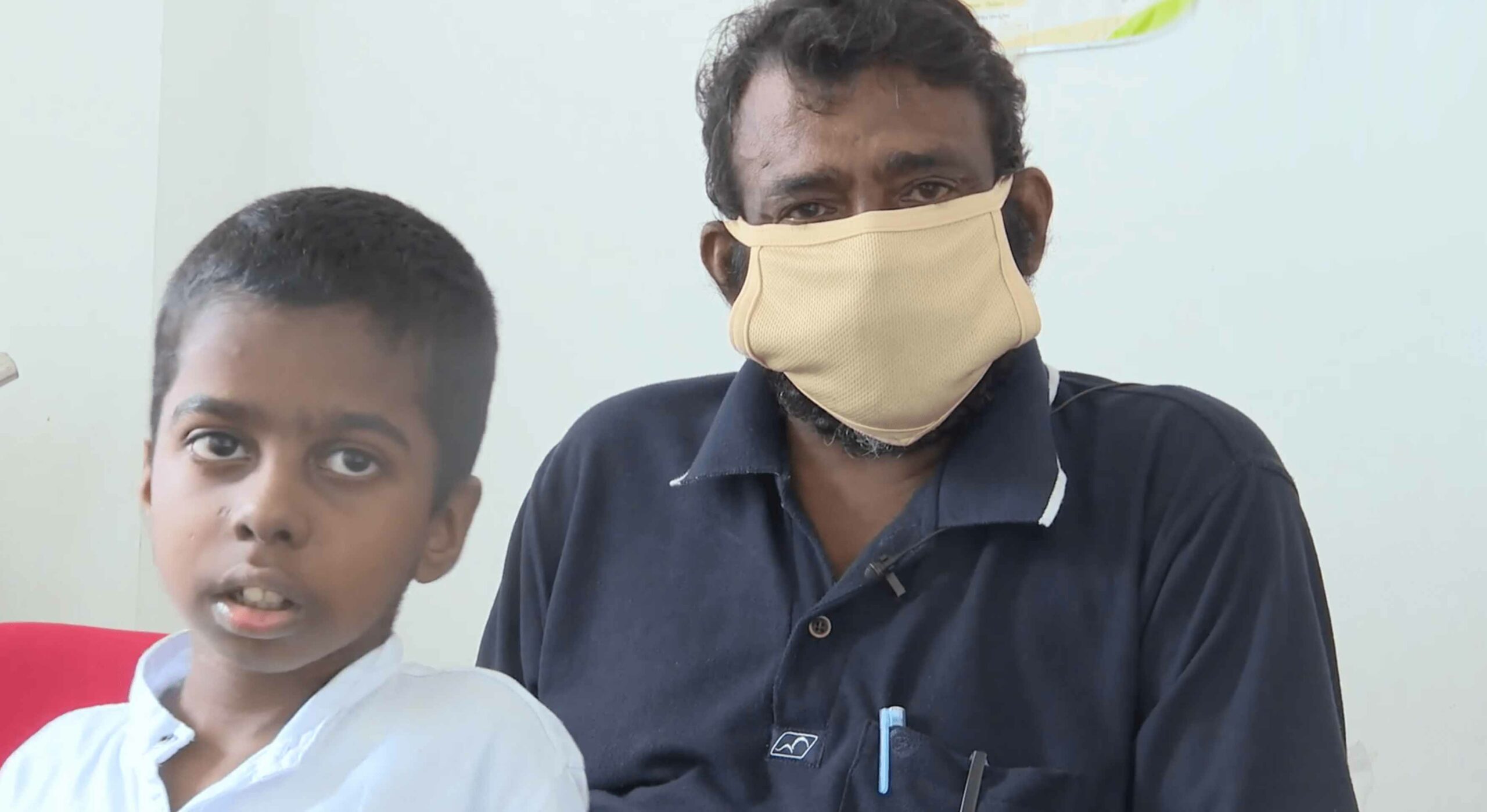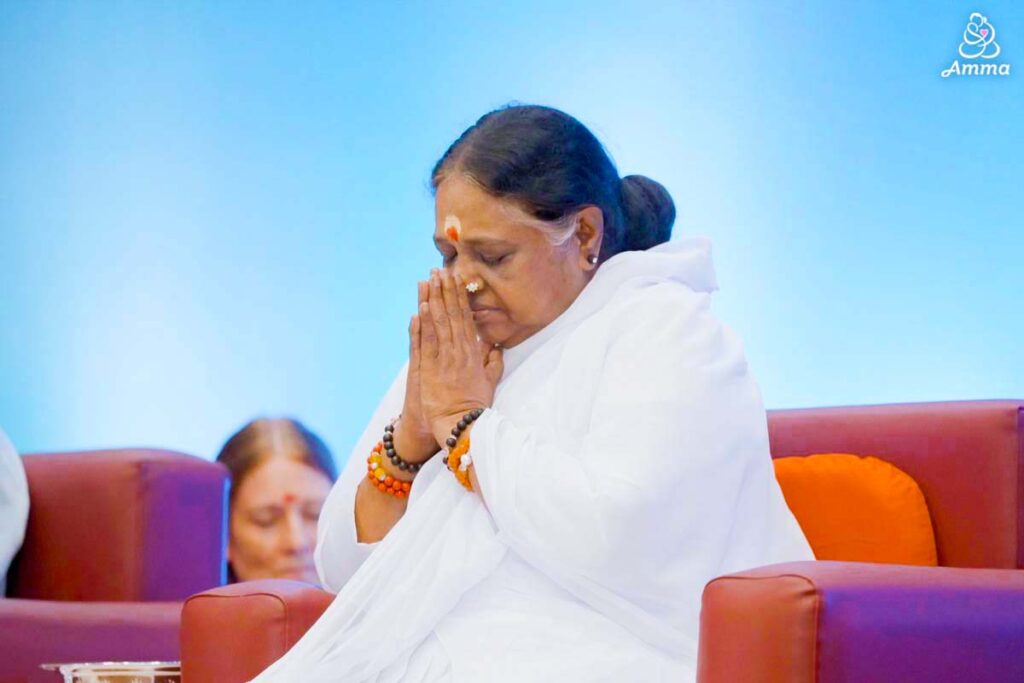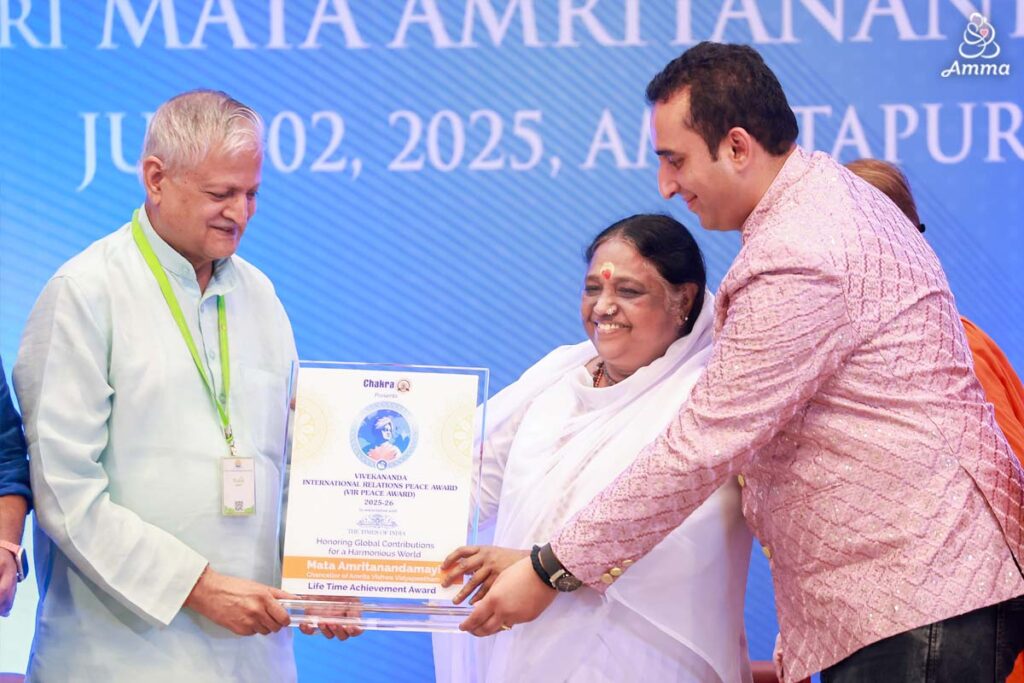To celebrate World Arthritis Day, let us recount an inspiring story of an 11-year old named Sai who was diagnosed with juvenile chronic arthritis when he was just 3 years old. His parents and the doctors at Amrita Hospital share their experiences that led to the reversal of this condition.
Sai was admitted and commenced on the best possible combination of medications for his arthritis including DMARDs( Disease-Modifying Antirheumatic drugs ) as well as biological medicine to get him into remission. that prevented him from standing and walking. He could not lift his hands straight, could not look up because his neck was restricted, and found it hard to use fingers and wrists too.
Juvenile Idiopathic Arthritis(JIA) is a group of conditions that cause chronic inflammatory arthritis in children. It’s a disorder triggered by the patient’s immune system without a clear identifiable reason. The diagnosis is usually made after at least 6 weeks of symptoms with the exception of sJIA where because of high fever the patient can be diagnosed earlier.
Chronic inflammation of joints in a growing skeleton of a child can lead to asymmetric growth, deformities, instability of joints all of which can significantly impact quality of life and future potential. These conditions are best managed by Rheumatologists or Pediatric Rheumatologists. If diagnosed early and treated appropriately with early commencement of DMARDs and other medications these children should do very well, and deformities can be prevented. With the commencement of DMARDs and other medications, these children should do very well, and deformities can be prevented. 12th October is World Arthritis Day Sai was able to walk again despite such severe long term impact of undertreated disease. JIA can be managed well.





